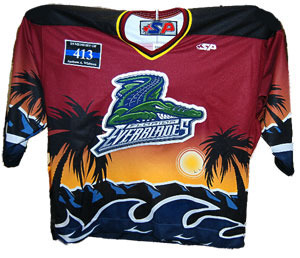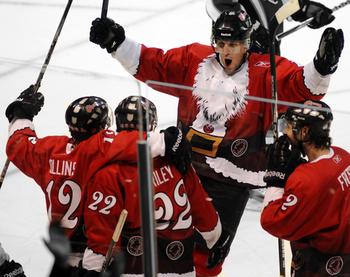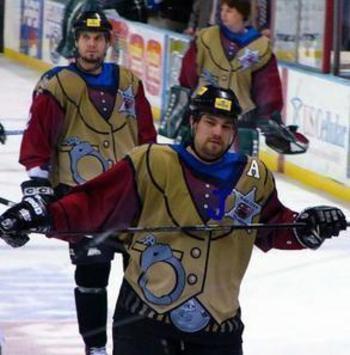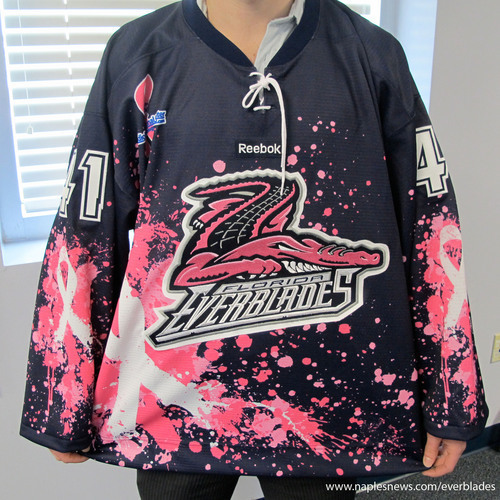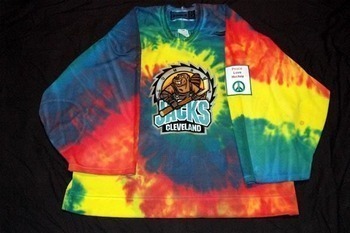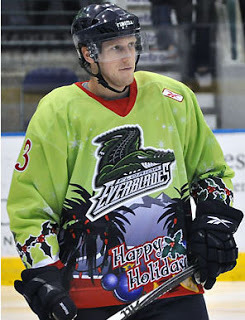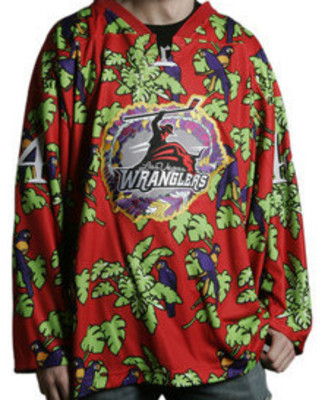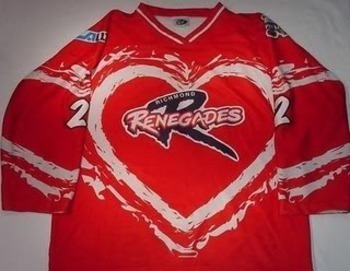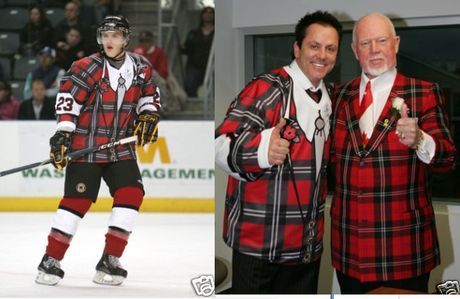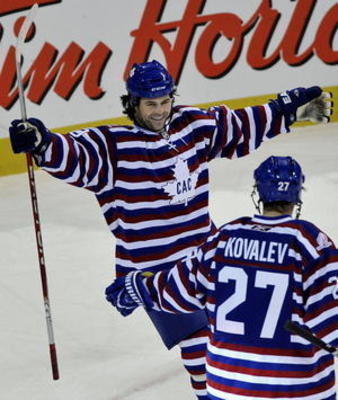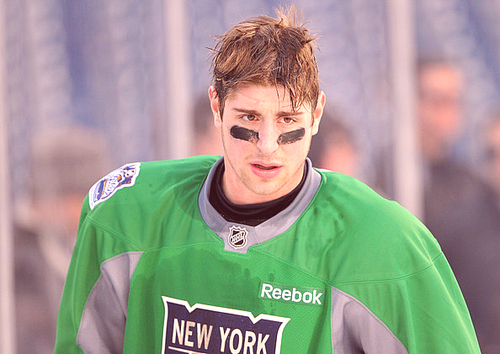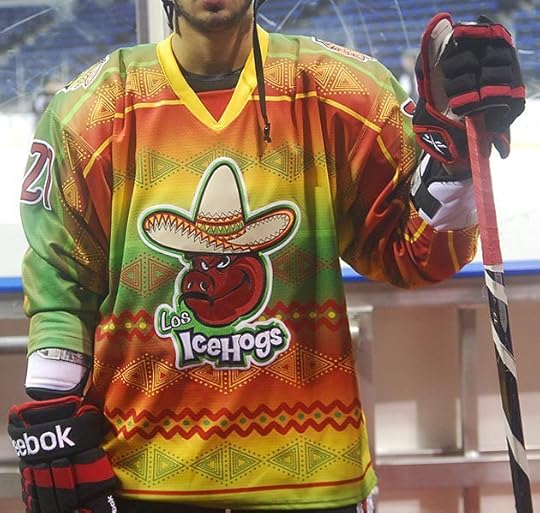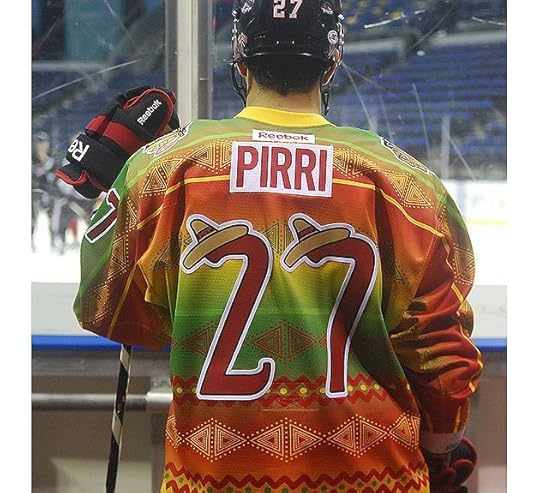date newest »
newest »
 newest »
newest »
message 1:
by
Hal
(new)
Sep 19, 2012 07:33PM
 Jesus, Isa. You make the whole sport sound heinously awful. O.O I'm almost afraid to read the book now.
Jesus, Isa. You make the whole sport sound heinously awful. O.O I'm almost afraid to read the book now.
reply
|
flag
 Hannah wrote: "Jesus, Isa. You make the whole sport sound heinously awful. O.O I'm almost afraid to read the book now."
Hannah wrote: "Jesus, Isa. You make the whole sport sound heinously awful. O.O I'm almost afraid to read the book now."Oh come on, except for the sexual abuse cases in Canadian junior hockey all the rest of that is GLORIOUS :D
Besides the book is sweet and fluffy ... don't you want to read me doing fluffy? :3 I know you do. It's like Marilyn Manson at a poetry slam.
 Isa wrote: "Hannah wrote: Besides the book is sweet and fluffy ... don't you want to read me doing fluffy? :3"
Isa wrote: "Hannah wrote: Besides the book is sweet and fluffy ... don't you want to read me doing fluffy? :3"*Sigh* Okay... but I find it ironic that I'm feeling more nervous reading about hockey players than I was reading about hookers.
 These are the butt-ugliest garments I have ever seen, and I read People of Walmart. I was going to nominate the one I thought was the ugliest, but just...not...possible...so...much...ugly...
These are the butt-ugliest garments I have ever seen, and I read People of Walmart. I was going to nominate the one I thought was the ugliest, but just...not...possible...so...much...ugly...
 Sea of Entropy wrote: "These are the butt-ugliest garments I have ever seen, and I read People of Walmart. I was going to nominate the one I thought was the ugliest, but just...not...possible...so...much...ugly..."
Sea of Entropy wrote: "These are the butt-ugliest garments I have ever seen, and I read People of Walmart. I was going to nominate the one I thought was the ugliest, but just...not...possible...so...much...ugly..."I don't know... I have a soft spot for the Santa jersey :D And the breast cancer awareness one is actually kind of awesome, No? Neon pink splatter paint, come on~
 Eve wrote: "I kinda like the old west sherriff one with the handcuffs dangling from the pocket... :)"
Eve wrote: "I kinda like the old west sherriff one with the handcuffs dangling from the pocket... :)"Yes, that's my favorite too.
 Nichole (Dirty H) wrote: "The one with the leaves and parrots is pretty wonderful."
Nichole (Dirty H) wrote: "The one with the leaves and parrots is pretty wonderful."Ow, that one might have caused damage to my optic nerves...
 Nichole (Dirty H) wrote: "The one with the leaves and parrots is pretty wonderful."
Nichole (Dirty H) wrote: "The one with the leaves and parrots is pretty wonderful."There were children's pajamas on the clearance rack at Walmart... the team manager couldn't resist :D
 More military appreciation night jerseys:
More military appreciation night jerseys: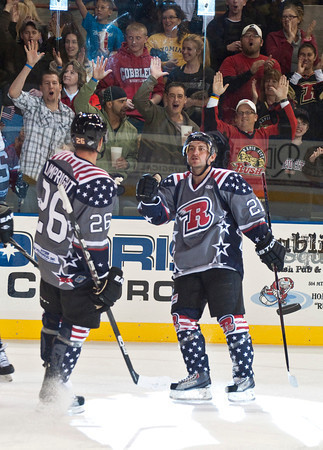
Also, on the subject of appreciation, why has no one remarked on how hot Brandon Dubinsky is? XD XD (or more accurately how hot he can be, because he's sort of a doofus otherwise)
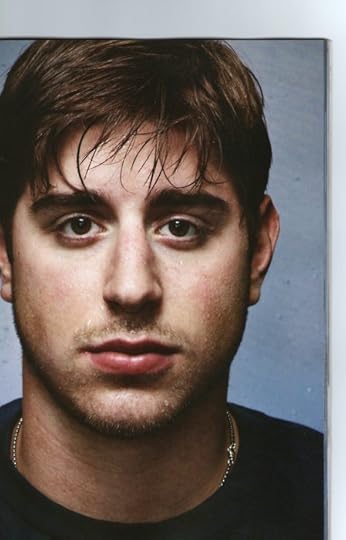
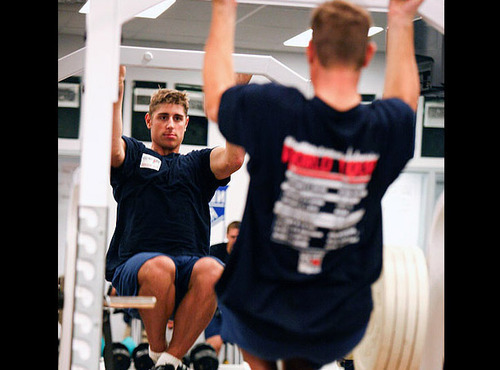
 Hannah wrote: "Isa wrote: "D: No? What's your type then?"
Hannah wrote: "Isa wrote: "D: No? What's your type then?"Dunno. He just doesn't look terribly... intelligent."
He isn't XD What's your point?
He does however, do things like this:
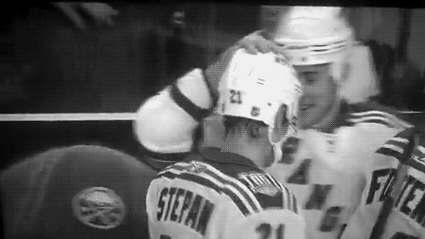
Aiko wrote: "Did someone say MDZ? *innocent smile*"
Nonononononononono~~ *whistles*
 Which press conference? :3 Oh wait oh wait ... I think I know what you mean.
Which press conference? :3 Oh wait oh wait ... I think I know what you mean.This?
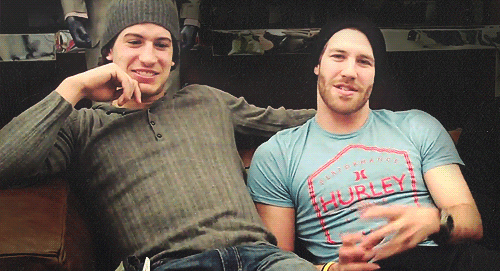
...The Brandons bring all the inappropriate touching gifs to the yard hehe
 Isa wrote: "...The Brandons bring all the inappropriate touching gifs to the yard hehe"
Isa wrote: "...The Brandons bring all the inappropriate touching gifs to the yard hehe"Yes, yes, this! I see now it's belly-stroking rather than thigh-fondling, but I'll take it.
 Hellga wrote: "Finally! A book that reflect true spirit of hockey. Read it in one go."
Hellga wrote: "Finally! A book that reflect true spirit of hockey. Read it in one go.":D :D :D YAY HOCKEY FANS~~~ :D :D :D
 Penumbra wrote: "Just bought your book. I need my hockey fix. *Iz sad with lockout* :("
Penumbra wrote: "Just bought your book. I need my hockey fix. *Iz sad with lockout* :("Oh God yes T_______T I miss hockey so badly and the KHL just isn't enough. All my babies are scattered in the wind *grabby hands*
BTW, what's your team? :D Don't say Flyers, I will cry.
 Isa wrote: "Penumbra wrote: "Just bought your book. I need my hockey fix. *Iz sad with lockout* :("
Isa wrote: "Penumbra wrote: "Just bought your book. I need my hockey fix. *Iz sad with lockout* :("Oh God yes T_______T I miss hockey so badly and the KHL just isn't enough. All my babies are scattered in th..."
No, not the Flyers. The Fail Sharks, lol. They never quite get there. It sounds kind of like disappointing sex, lol.
Have you noticed how many M/M and sex terms are in hockey? Slashing... rimming... :D Maybe you could write a blog post about it sometime. I'd bet it'd be hilarious from your pov ;)
 Sharks and Penguins fan here, though I haven't really been keeping up the past few years since I went back to school.
Sharks and Penguins fan here, though I haven't really been keeping up the past few years since I went back to school.

